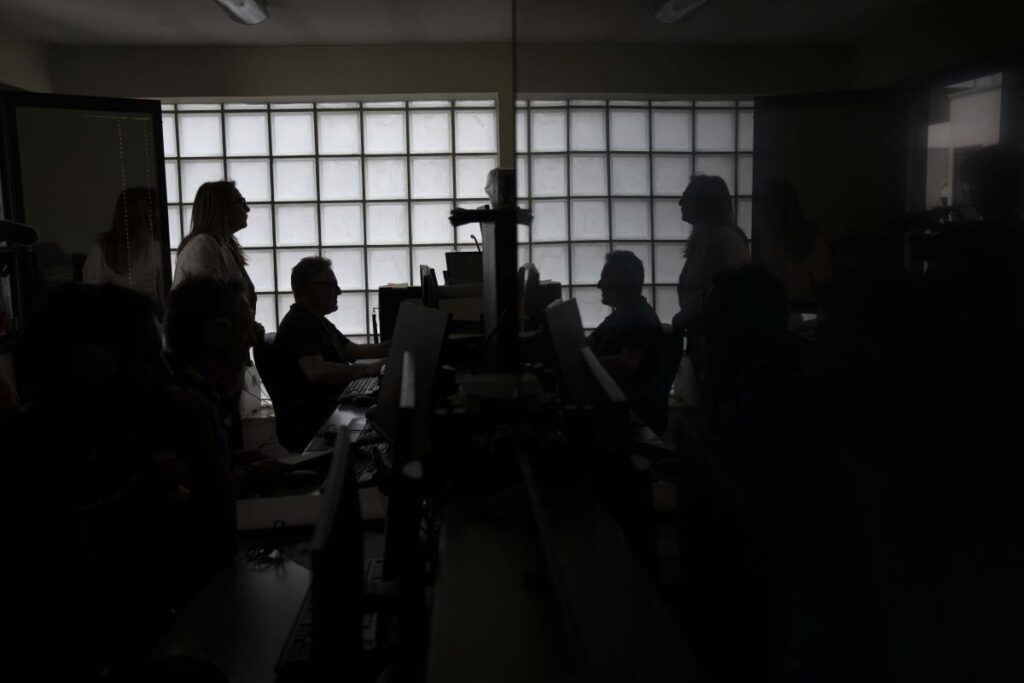ROME (AP) — Last month, an Italian administrative court upheld the dissolution of the municipal government of the city of Neviano in Apulia after an investigation found that local officials were unduly influenced by the mafia.
The decision barely made news in Italy, where municipal authorities, municipal councils and local public health were active Agencies are regularly dissolved due to mafia infiltration or collusion, and independent commissioners appointed to take over.
While the popular image of the Italian mafia was made famous by Don Corleone and the gangland shootings of ‘The Godfather’, reality of organized crime in Italy today is much more nuanced and affects the core of democracy: local government.
From awarding major government contracts to decisions in small towns about who manages landfills, parking lots and beach concessions, local governments are particularly vulnerable to mafia influence and corruption, according to the International Institute for Democracy and Electoral Assistance, an interagency organization.
Puglia, yes hosting this week’s Group of Seven summitranks fourth among Italian regions in terms of the number of local authorities dissolved as a result infiltration of the mafiawith 26 decrees issued since 1991, out of a national total of 326, according to Avviso Pubblico, an Italian association that keeps track of the decrees.
That fourth place also corresponds to the fourth place of the local mafia, the Sacra Corona Unita, in the hierarchy of the Italian mafia clans.
The SCU is the youngest and smallest of the country’s organized crime groups, after the ‘ndrangheta in Calabria, the Camorra in Campania and the Cosa Nostra in Sicily. And it is the only one whose origins are really known: it was founded in prison in the early 1980s by Pino Rogoli as an autonomous, Puglia-based alternative to other gangs.
While the SCU initially focused on trading cigarettes and other contraband with Balkan countries, the SCU’s clan-based organization turned to drug trafficking and extortion.
In the 2000s, a new phase began “of taking root in the territory, the so-called cover-up and camouflage phase,” says Marilù Mastrogiovanni, investigative journalist and professor of journalism at the University of Bari.
That phase, which bears fruit for clans today, was involved avoiding catastrophic acts of violence “so that everyone, from ordinary citizens to law enforcement officers, would forget,” she said.
Now the focus is on laundering drug profits through legitimate front companies, many of which target Puglia’s booming tourism industry while infiltrating local government to steer government contracts their way, says Carla Durante, head of the Lecce office of the Italian Anti-Mafia Investigative. Directorate.
Europol, the European police forceAccording to the report, 60% of the organized crime groups it detects in Europe are involved in some form of corruption, from petty bribery of officials to multi-million euro corruption schemes.
“Corruption erodes the rule of law, weakens state institutions and hinders economic development,” Europol said in its latest report, “Serious and Organized Crime Threat Assessment.”
___
This story, supported by the Pulitzer Center for Crisis Reporting, is part of an ongoing Associated Press series on threats to democracy in Europe.







